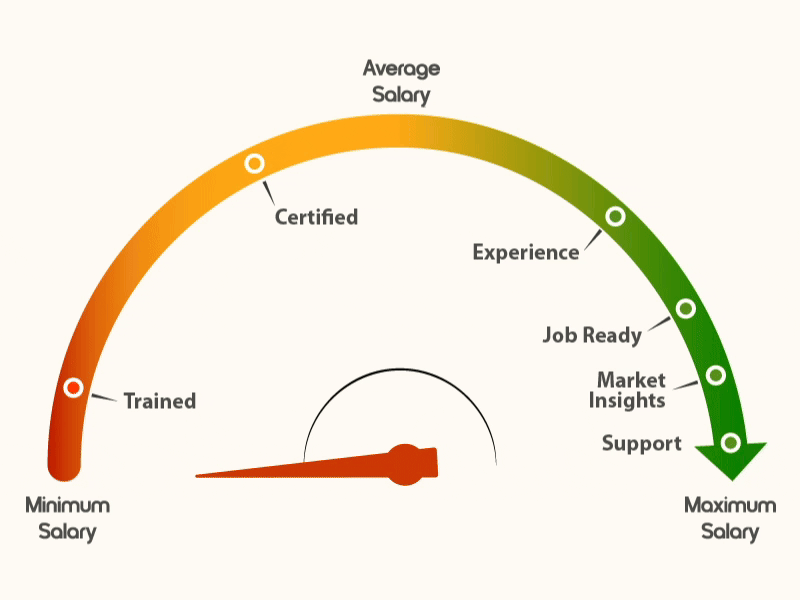Certified Computer Hacking Forensic Investigator (CHFI)
Flexible Schedule
1:1 Support
Hands-on Projects
Acquire Knowledge! Talk to Us.
The GET Advantage: Your Path from Learning to Earning:
- Build in-demand technical and soft skills, validated by industry-recognised certifications.
- Apply learning through real-world projects, case studies, and assignments that make you job-ready.
- Learn what employers want, align your skills with trends, and move towards higher-paying opportunities.
- Continuous mentorship, career coaching, and peer community to guide you beyond the course.
Course Overview
The Certified Computer Hacking Forensic Investigator (CHFI) course empowers professionals to conduct comprehensive digital forensic investigations using a structured, methodological approach. Covering forensic domains ranging from hard disks and operating systems to cloud, IoT, and mobile environments, learners gain practical expertise in evidence acquisition, malware forensics, and network traffic analysis. The program is aligned with European regulatory frameworks such as ISO/IEC 27001 and GDPR, ensuring learners can prepare legally-defensible reports for incident response and prosecutions. By the end of the course, participants will be equipped with the skills to investigate cybercrimes, counter anti-forensic techniques, and operate as digital forensic experts in law enforcement, corporate security, or consulting roles.
Relevant Industries
Cybersecurity, Law Enforcement, Banking & Financial Services, Telecommunications, Healthcare IT, E-commerce, Government Agencies, and any organization requiring digital forensics and incident response.




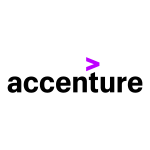










Overview of Technology
The course leverages industry-standard forensic tools and methodologies such as EnCase, FTK, Autopsy, X-Ways, Wireshark, and mobile/cloud forensic platforms. It emphasizes chain-of-custody protocols, evidence preservation, and compliance with GDPR and ISO/IEC 27037 standards. Learners explore malware analysis, memory forensics, dark web investigations, and cloud-based evidence handling, ensuring they are prepared for the challenges of modern cybercrime investigations.
Why choose Acquledge for Cybersecurity courses?
Live Training Sessions
Flexible Schedules
Hands-on Experience
Vast Resource Library
Extensive Support
Enrollment Process
- Sign up on the platform and choose your preferred batch.
- Start your classes on the scheduled date .
- Get access to learning materials and project dashboards.
- Begin your training journey with expert-led sessions.
- Apply your learning through real-world case studies and projects.

Detailed Course Curriculum
- Overview of computer forensics, cybercrime, forensic science
- Role and responsibilities of digital forensic investigators
- Investigation lifecycle: searching, seizing, chain-of-custody
- Forensic readiness and evidence handling
- Disk structures, partitions, FAT, NTFS, ext, HFS
- Data storage and recovery basics
- Acquisition methodologies, imaging techniques, write blockers
- Evidence preservation
- Data hiding, encryption, steganography
- Detecting and countering anti-forensic methods
- Windows artifacts: registry, event logs, prefetch
- System and application logs analysis
- Unix/Linux file systems, logs, user activities
- Mac OS artifacts and analysis methods
- Network traffic capture and analysis
- Packet sniffing, forensic tools for network investigations
- Malware types, behavior analysis
- Memory forensics and analysis tools
- Web server logs, attacks detection
- Forensics of web application breaches
- Investigating Tor, darknet activities
- Tracing and evidence collection techniques
- Cloud service models and forensic challenges
- Evidence gathering in cloud environments
- Email header analysis, phishing investigation
- Social media data extraction and analysis
- Mobile device architecture
- Extraction and analysis of mobile data
- IoT device types and data
- Forensic approach to IoT environments
- Follows ISO/IEC 27001 and 27037 guidelines
- Complies with GDPR for data privacy and evidence handling
- Adopts ECSF cybersecurity role competencies
- Uses ANSI-accredited EC-Council certification framework
Similar Courses
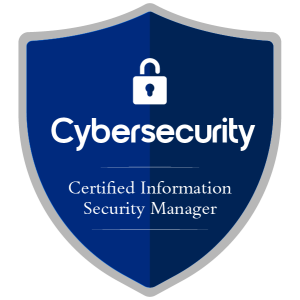
Certified Information Security Manager (CISM)
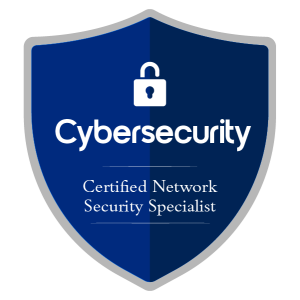
Certified Network Security Specialist
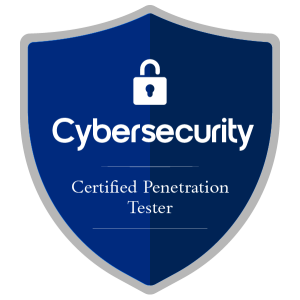
Certified Penetration Tester
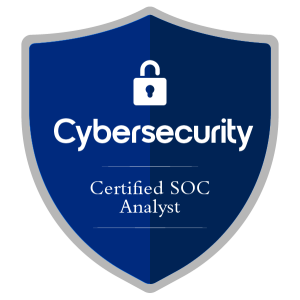
Certified SOC Analyst (CSA)
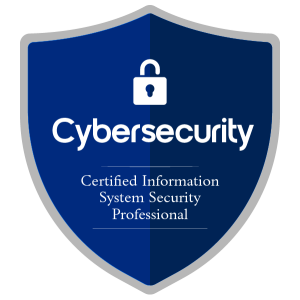
CISSP (Certified Information Systems Security Professional)
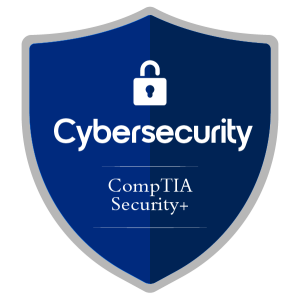
CompTIA Security+
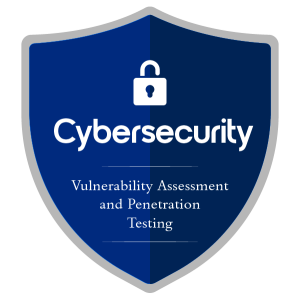
Vulnerability Assessment and Penetration Testing (VAPT)
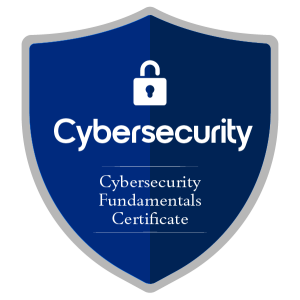
Cybersecurity Fundamentals Certificate
Got Questions ? We've got Answers
Acquledge offers a range of online courses including certification programs, knowledge development, and professional upskilling across technology, business, finance, language, and more.
We provide both self-paced learning modules and instructor-led live online classes. Choose according to your schedule and learning preferences.
Yes, our courses are certified and recognized by relevant industry bodies and partners to ensure quality and global acceptance.
Every participant who successfully completes the course and meets assessment criteria receives a certificate that can boost your professional credibility.
Yes, our programs include job placement assistance, resume building, interview preparation, and career counseling to help you transition into new roles.
Fill the form :
Get in touch with us!
Fill in your details and book a demo. Talk to an expert and choose wisely.
For immediate assistance with course-related or technical questions, chat with us.
